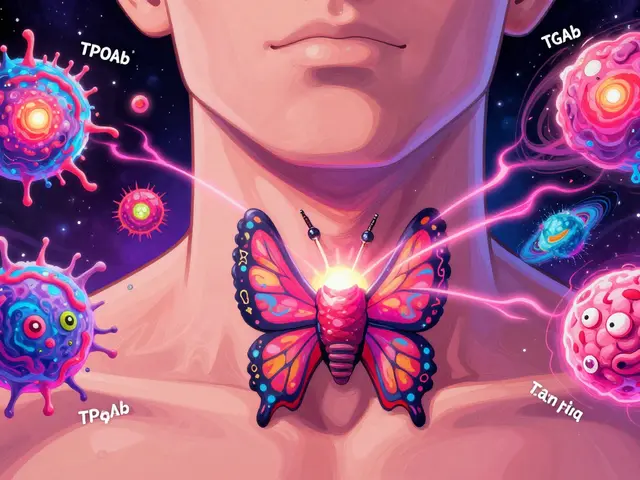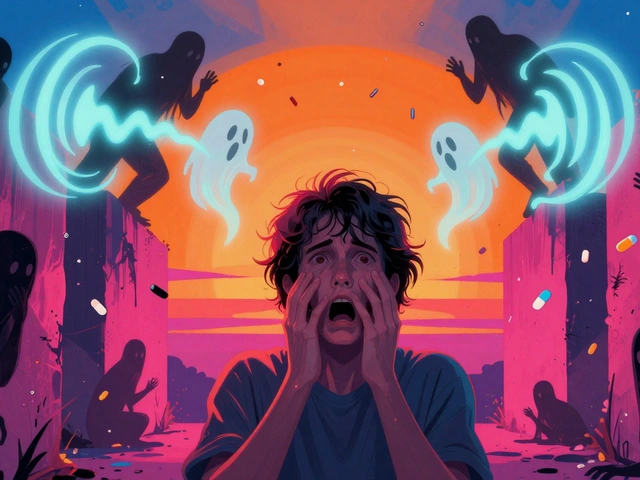Calcium Channel Blockers and Cancer Risk – Quick Facts You Should Know
Calcium channel blockers (CCBs) are a go‑to prescription for high blood pressure and certain heart rhythm problems. But you might have heard whispers that these drugs could be linked to cancer. Let’s cut through the noise and see what the research actually says.
First off, not all CCBs are created equal. The main families are dihydropyridines (like amlodipine), phenylalkylamines (verapamil), and benzothiazepines (diltiazem). They work by relaxing blood vessels, which lowers blood pressure and eases the heart’s workload.
What the Studies Reveal
Large‑scale studies from the 2000s and early 2020s looked at millions of patients on CCBs. Most of them found no clear rise in overall cancer rates. One European cohort even suggested a slight dip in lung cancer among long‑term users, though the effect was small and could be due to other factors like smoking habits.
That said, a handful of smaller investigations reported a modest uptick in specific cancers—breast, prostate, and colorectal—among people taking certain CCBs for more than five years. These signals never held up in bigger, more controlled trials, and researchers think they might be statistical flukes or tied to lifestyle variables rather than the drug itself.
How to Keep Your Heart Safe Without Worrying About Cancer
If you’re already on a CCB, there’s no need to panic. Talk to your doctor about your personal risk factors. They might suggest checking your family cancer history, getting regular screenings, or switching to another blood‑pressure class if you have strong concerns.
For anyone considering CCBs, ask about the dosage and duration. Lower doses for the shortest effective time usually carry the least risk of side effects, cancer‑related or otherwise.
Staying vigilant with routine health checks—blood work, imaging, and physical exams—helps catch any issue early, whether it’s heart‑related or cancer‑related. Lifestyle choices matter, too: quit smoking, eat a balanced diet, stay active, and limit alcohol.
Bottom line: the bulk of solid evidence says calcium channel blockers do not meaningfully raise cancer risk. The drugs are well‑studied, and the benefits for heart health generally outweigh any tiny, uncertain cancer signal.
Keep the conversation open with your healthcare provider. If new research pops up, they’ll know how to interpret it for you. Meanwhile, focus on the things you can control—healthy habits, regular check‑ups, and taking meds exactly as prescribed.
Remember, your heart and overall health are linked. Managing blood pressure effectively reduces the strain on your cardiovascular system, which in turn can lower the chance of many chronic illnesses, cancer included.
So, if you’re on a CCB, stay informed, keep up with screenings, and don’t let fear dictate your choices. The best defense is a well‑rounded, proactive health plan.
Amlodipine and Cancer: What the Latest Research Really Says
Worried amlodipine might raise cancer risk? Here’s a clear, evidence-backed answer, what big studies show, and practical steps if you’re concerned.






